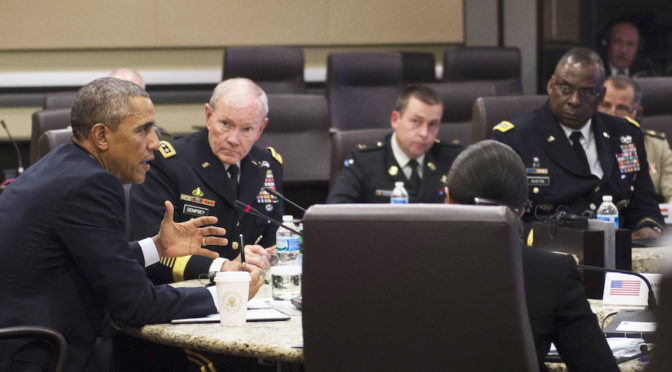Decision researchers describe a “prominence effect” that leads decision makers to choose an option with more defensible attributes when quantitative assessment of those options is difficult. Prominence is hypothesized as a factor in US policy decisions not to use military force to prevent or stop humanitarian crises. Prominence is also regarded as a behavioral failure… Continue reading Countering the Prominence Effect: How US National Security Lawyers Can Fulfill Non-Prominent Humanitarian Objectives
Category: Human Rights
Preventive Detention for National Security Purposes in Israel
By Dvir Saar & Ben Wahlhaus Since the beginning of the 21st century, democratic states have increasingly been forced to confront the threat of terrorism on multiple fronts: at home, at the borders, and abroad. One tool that states have employed to protect the population is preventive detention. While highly effective in countering national security… Continue reading Preventive Detention for National Security Purposes in Israel
The Border and Beyond: The National Security Implications of Migration, Refugees, and Asylum Under US and International Law
In the United States, the discussion about immigration is dominated by a narrow focus on the security of the borders, particularly the southern border, and the potential threats posed by people who seek enter the country. However, the national security implications of the refugee crisis go way beyond the borders. Protecting refugees, rather than keeping… Continue reading The Border and Beyond: The National Security Implications of Migration, Refugees, and Asylum Under US and International Law



